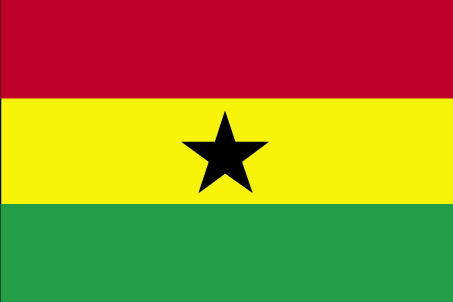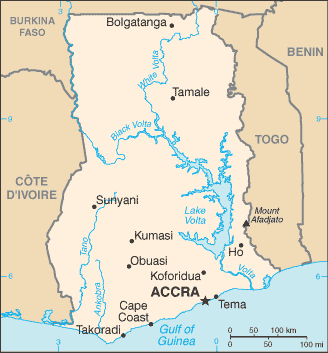Investing in Ghana


Ghana is well endowed with natural resources and agriculture accounts for roughly one-third of GDP and employs more than half of the workforce, mainly small landholders. The services sector accounts for 40% of GDP. Gold and cocoa production and individual remittances are major sources of foreign exchange. Oil production at Ghana's offshore Jubilee field began in mid-December and is expected to boost economic growth. Ghana signed a Millennium Challenge Corporation (MCC) Compact in 2006, which aims to assist in transforming Ghana's agricultural sector. Ghana opted for debt relief under the Heavily Indebted Poor Country (HIPC) program in 2002, and is also benefiting from the Multilateral Debt Relief Initiative that took effect in 2006. In 2009 Ghana signed a three-year Poverty Reduction and Growth Facility with the IMF to improve macroeconomic stability, private sector competitiveness, human resource development, and good governance and civic responsibility. Sound macro-economic management along with high prices for gold and cocoa helped sustain GDP growth in 2008-10. In early 2010 President John Atta MILLS targeted recovery from high inflation and current account and budget deficits as his priorities.
Bank of Ghana - http://www.bog.gov.gh/
Barclays Ghana - http://www.barclays.com/africa/ghana/index.html
Rashtriya Chemicals and Fertilizers Ltd's (RCF)
Ghana News
2011-06-22 - (Accra Mail (Accra) - http://www.accra-mail.com/
Ghanaian Chronicle (Accra) - http://www.ghanaian-chronicle.com/
Public Agenda (Accra) - http://www.ghanaweb.com/public_agenda/
Countries that border Ghana: Ivory Coast | Burkina Faso | Togo
Learn more:
Back to Country Investing



